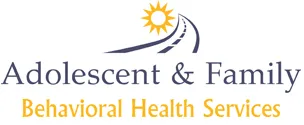What contributes to the decline in relationship between fathers and their children after divorce?
Factors that Influence the RelationshipsBetween Divorced Fathers and Their Children· · ·
|
How can one be expected to easily go from daily contact to limited or no contact? Fathers who lived with their children and participated in their lives prior to divorce become confused after divorce about their roles as fathers. After all, they are suddenly presented with visitation or parenting schedules. When parents have complicated legal issues, it is the children’s relationship with the father that suffers. When fathers feel they have been wronged by the legal system in regards to parenting time, they can become less involved in their children’s lives. At times the courts’ decisions create more parental discord which, ultimately, impacts the parent-child relationship. Less involvement in children’s lives does not generally equally better, stronger, or healthier relationships. Mothers have often been viewed as the strongest influence in promoting the relationship between father and child. When there is conflict between the parents, fathers feel they get the short end of the deal and are punished by having access to their children denied or limited. Fathers have even reported they are victims of parental alienation. Simply by default, less time with children can mean less involvement in their daily on goings. The less fathers know about their children, the more difficult it is to connect and maintain a connection. In an effort to promote a good father-child relationship, it is imperative for parents to co-parent and develop healthy parenting communication when possible. It is also important for fathers to set precedence by committing to spending time with their children and maintaining a connection by being a part of activities, academics, sports, medical, and other things related to their children. Fathers can engage in counseling to address their own emotions about the divorce and parental role confusion. In addition, fathers can use counseling to learn ways to nurture and connect with their children though not physically present. Perhaps classes that focus on defining parental roles after divorce might be an effective way of supporting and educating both parents.

